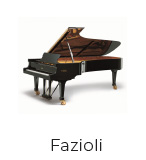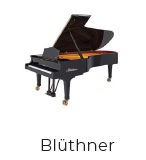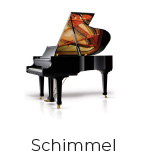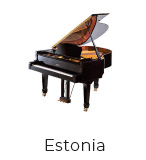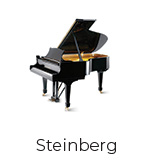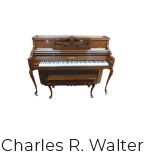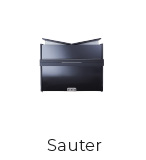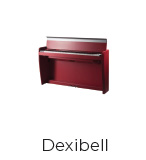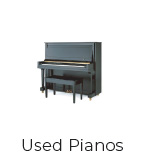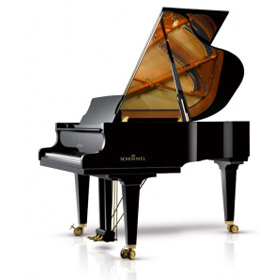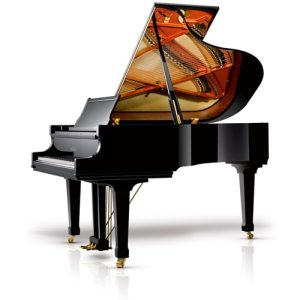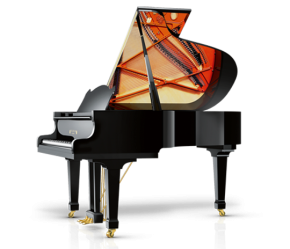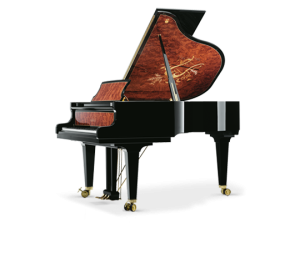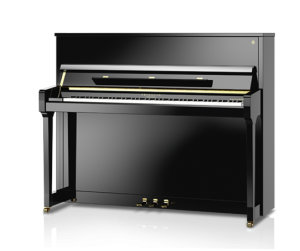Schimmel
View Brands

Since 1885, it has been Schimmel’s passion to employ artistic craftsmanship, and knowledge to enable uncounted people, famous, well-known and unknown, to achieve their keys to happiness.
Success demands courage – and passion. Both of these qualities were demonstrated by Willhelm Schimmel, the founder of the company. Shortly after the completion of his training as a piano manufacturer, he established his own workshop in Leipzig and produced his first piano at the beginning of 1885. His instruments were impressive for their advanced technique, excellent tone and contemporary form. Both he and his slogan, “Quality will prevail,” were proved right by his success. In 1927, his son Wilhelm Arno Schimmel took over the management of the company and relocated the site to Braunschweig (Brunswick), where he developed one of the major innovations of the 1930s: a small piano without back posts, with a newly designed action and a unique tonal character. The family firm continued to flourish: by the end of the 1950s, Schimmel instruments were the most frequently purchased pianos in Germany – and were being sent all around the world.

